Millions of Americans are finding their tax refund is significantly lower than expected. Here’s what changed.
Tax Refunds Are Lower For Millions

According to the IRS, tax refunds are, on average, two-thirds of what they were last year. So far, over two and a half million people have filed their taxes and received refunds, and they’re coming up short.
Current Data is Preliminary

Since it’s still early in the tax season, the figures will evolve as more people file their taxes, but Americans who haven’t filed yet are concerned that they won’t be getting back as much as they’d hoped.
What Triggers a Tax Refund?

Tax refunds happen when a person pays more taxes than they owe throughout the year.
Adjustments can be made through your employer to change your withholding to ensure enough taxes are taken out of your income.
Adjusting Withholdings

For many Americans, the hope is to set withholdings exactly right so that they don’t owe taxes when they file but also don’t get a refund.
But plenty of people prefer to overpay slightly throughout the year so that they get a cash boost in the spring.
Refunds Used in Various Ways

Often, tax refund money is seen as a bonus of sorts, and people spend it on splurges like vacations or big electronic purchases.
Others use their refunds to pay down debts or put a down payment on a vehicle.
Why are Refunds Lower than Last Year?

Experts say that there are many reasons that the average tax refund is lower this year.
For starters, people who received wage increases in 2023 may have forgotten to bump up their withholding with their employer, meaning they did not pay as much in taxes as they should have based on their new income.
Some Suspect Taxpayer Errors

Others affected may include freelancers who did not pay as much throughout the year as they usually would based on their income.
The Impact of the Stock Market

The stock market also boomed last year, and people whose investments did well may have income taxes for those gains that need to be reconciled at tax time.
Most Americans Will Receive a Tax Refund
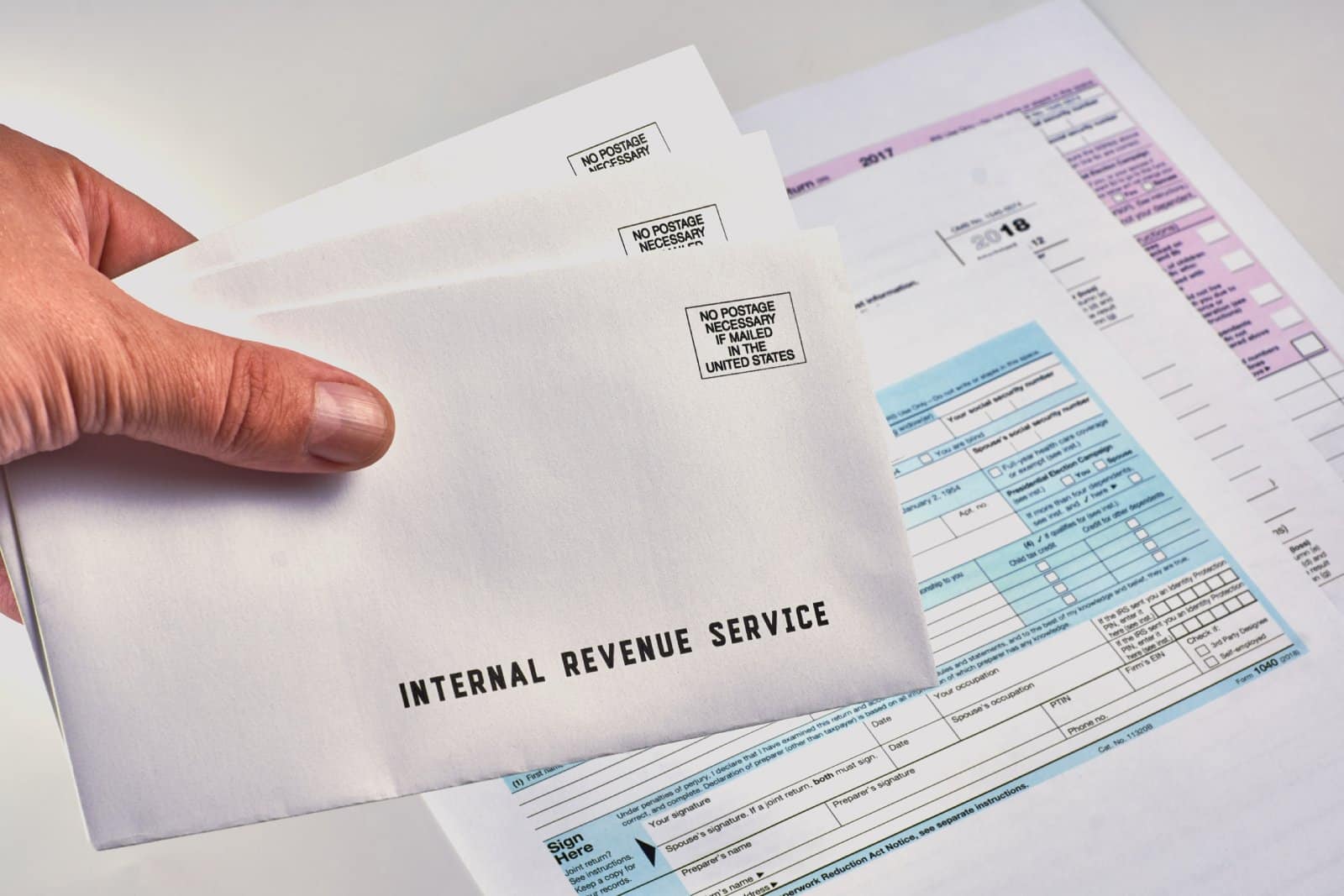
The IRS says that of the nearly 129 million tax returns they expect to be filed this year, 75% of those will result in some amount of a refund.
The Goal Should Be to Break Even

Financial advisors are still working to remind taxpayers that they should strive to break even at tax time – nothing owed, nothing refunded.
Doing so keeps money in the pockets of workers throughout the year rather than handing it back each April.
Other Impacts to Refunds
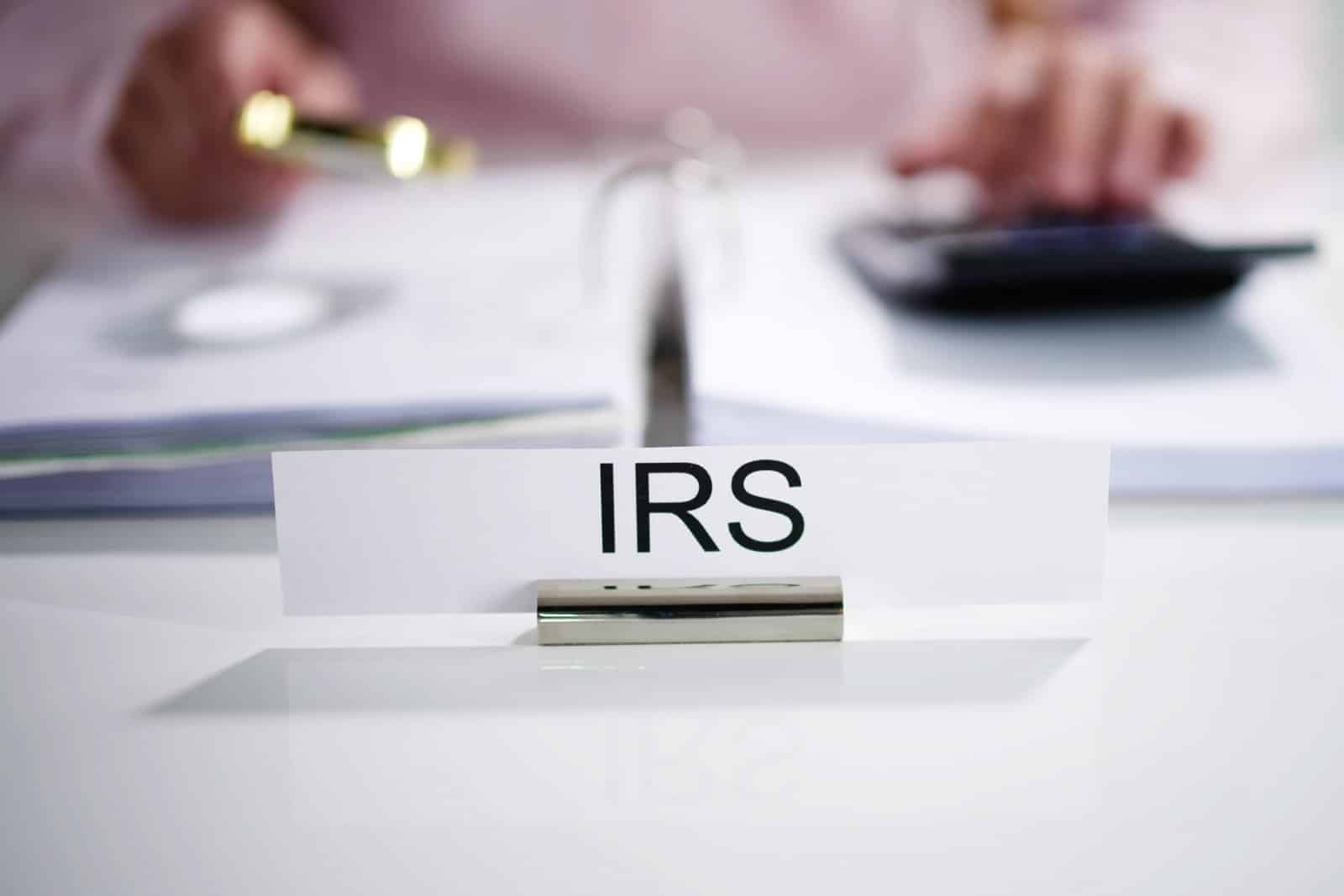
While some of the reduced refunds are a result of personal finance decisions, one representative from the IRS said that the answer is bigger than that.
COVID-19’s Effect on Taxes
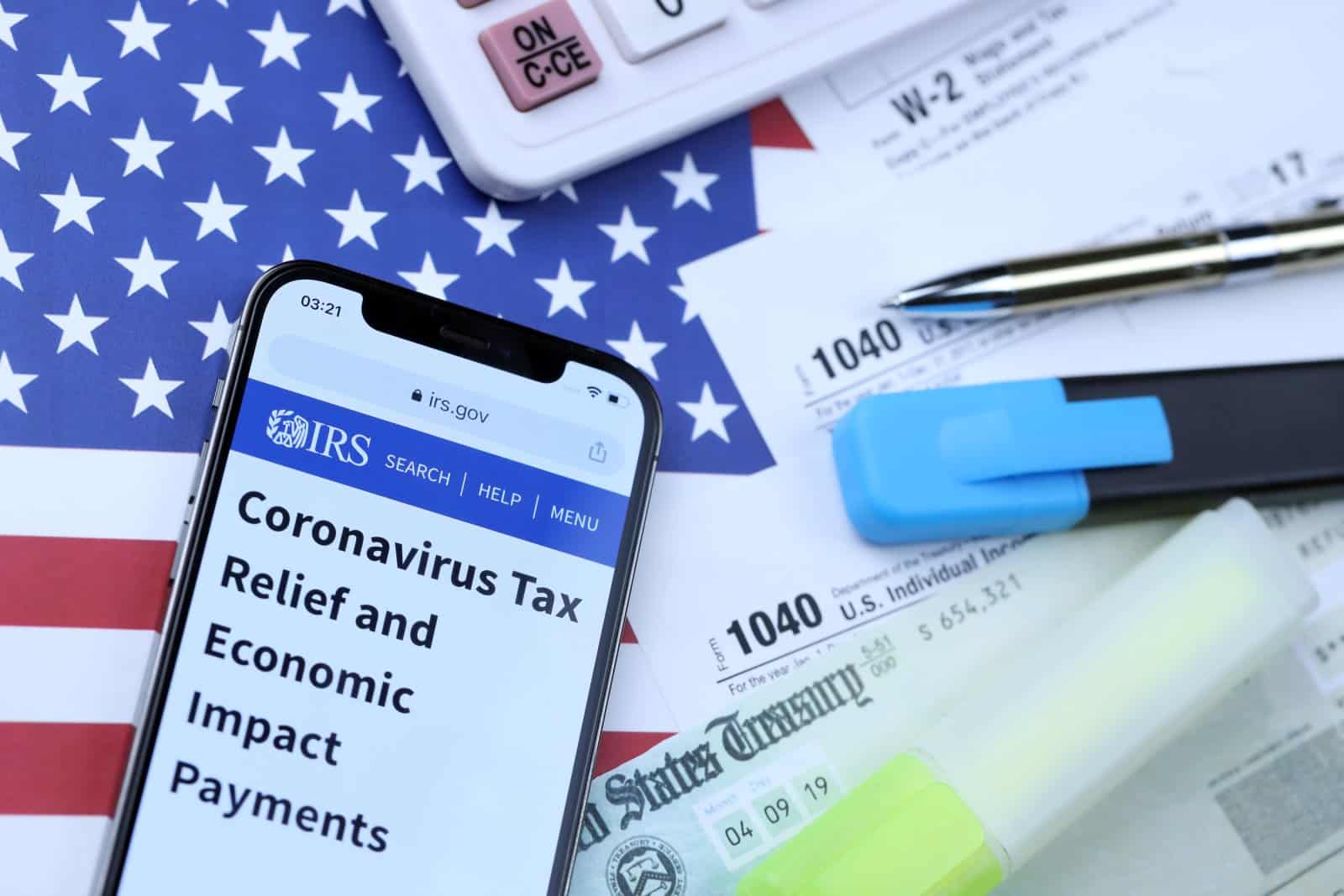
Richard Sanford, an IRS spokesperson, said that the COVID-19 pandemic changed refunds because of certain credits that were higher at the time to help people whose financial situations were damaged by the pandemic.
Credits Have Returned to Normal

“Now they’ve gone back down to pre-COVID levels, these credits,” said Sanford.
Current Data is Incomplete
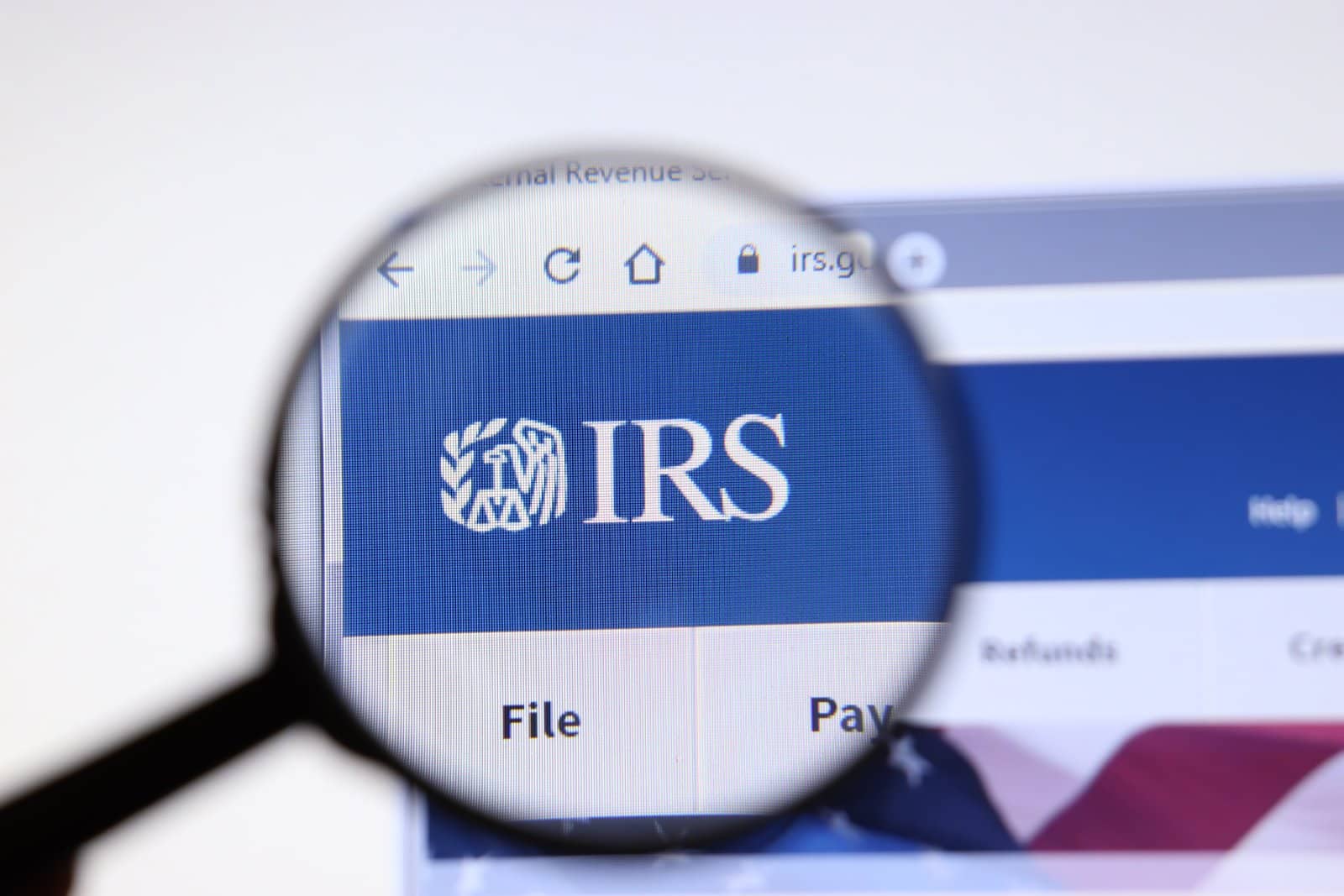
The IRS notes that the data collected so far is based on limited information since so many people have yet to file their taxes.
Some Taxpayers Receiving Higher Refunds Than Last Year
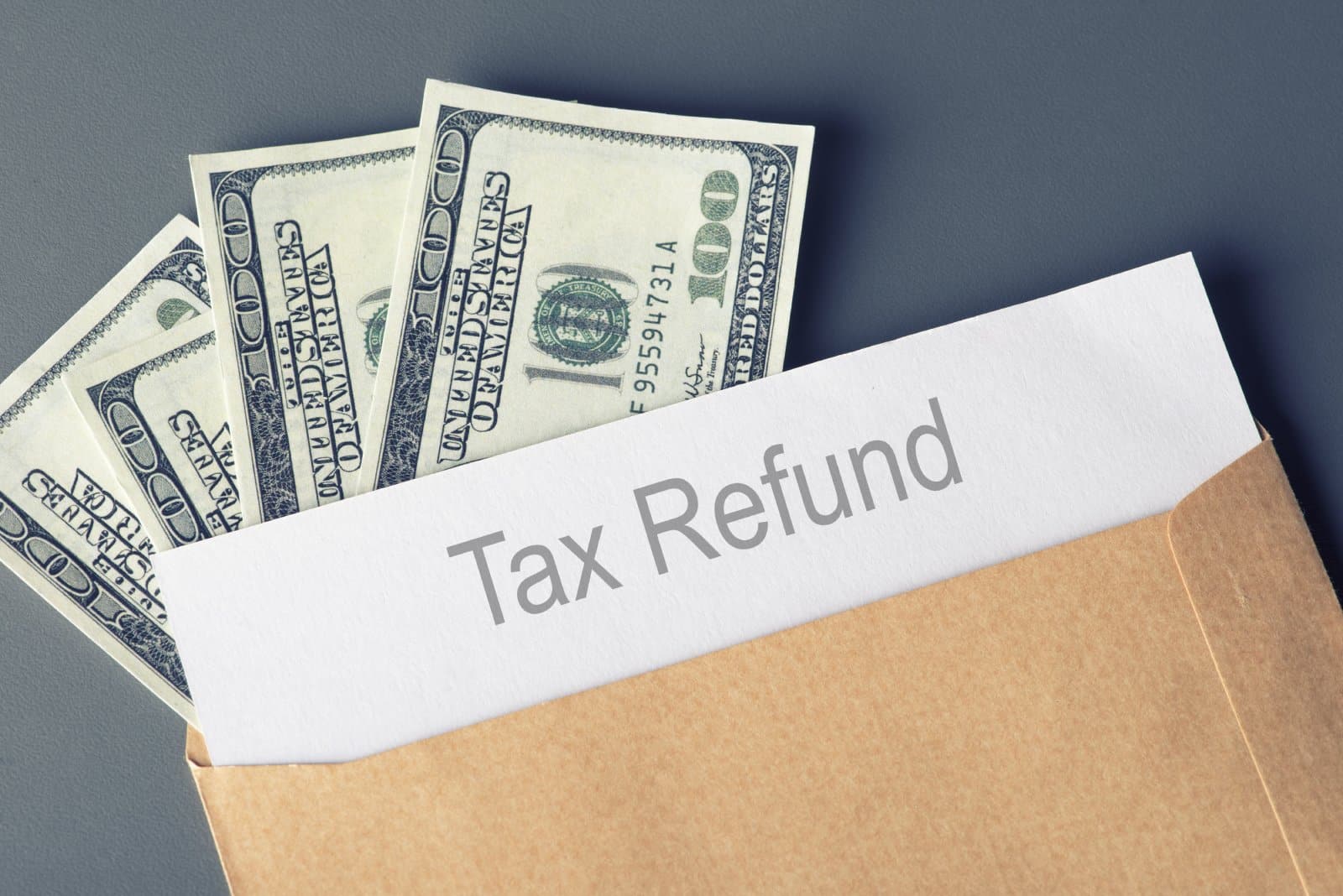
Despite the trends, some people may actually see higher-than-usual refunds this year as a result of changes to tax brackets and deductions.
Tax Brackets Adjusted for Inflation
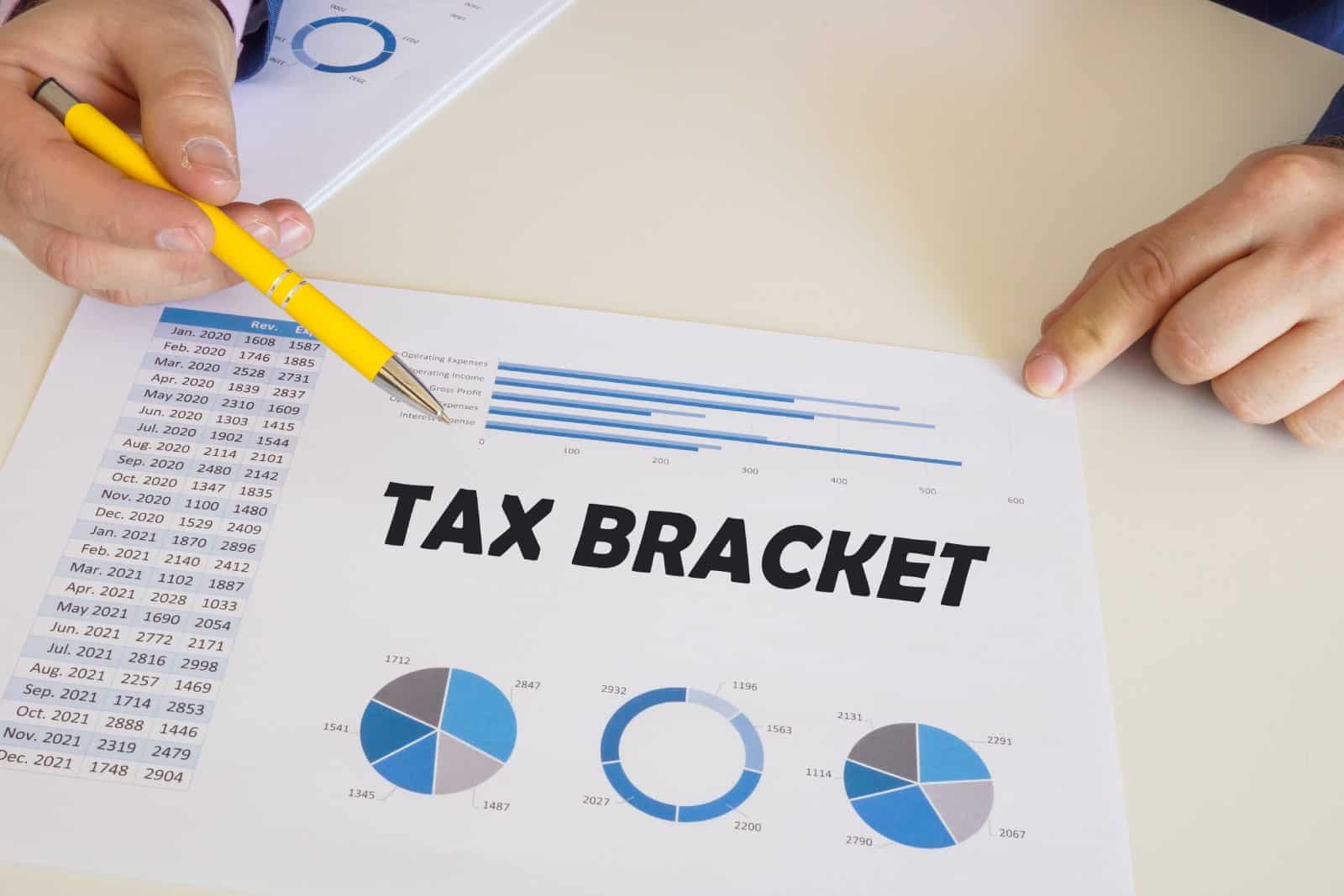
In an attempt to keep up with inflation, the IRS increased the federal tax brackets for 2023 so that taxpayers could still pay their fair share.
Since many workers received raises to account for inflation and cost of living increases, tax brackets increased to make sure those people weren’t punished with higher taxes.
Guidance from the IRS
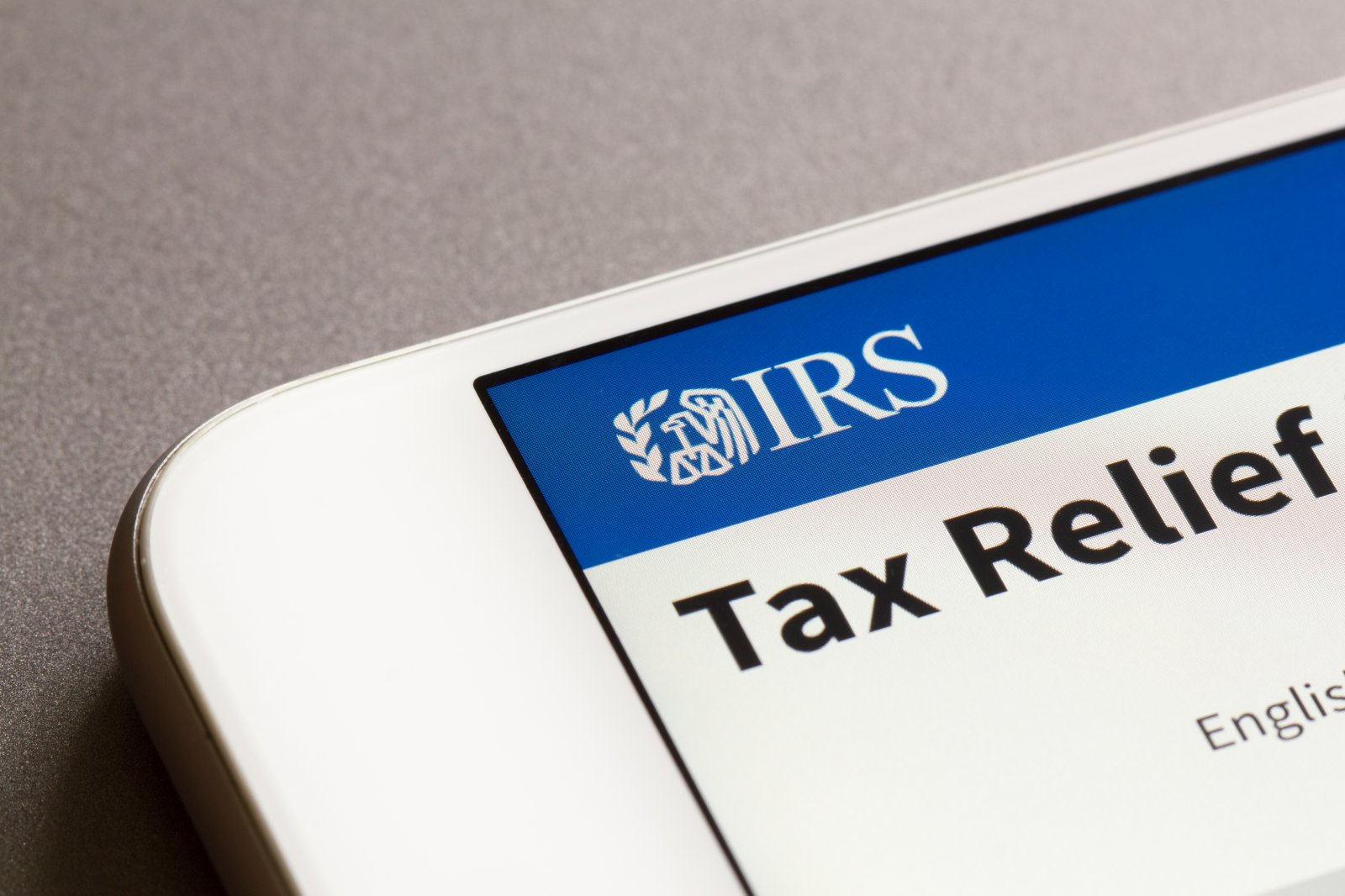
Advice from the IRS regarding 2023 taxes includes filing as soon as you’re ready, even if Congress is still debating the Child Tax Credit amount. Your refund will be processed properly even if there are changes.
File Electronically to Speed Up Refunds

They also suggest filing electronically to avoid delays in getting your refund back. Getting a refund can take at least a month if you file by mail.
Discuss Errors with IRS Reps
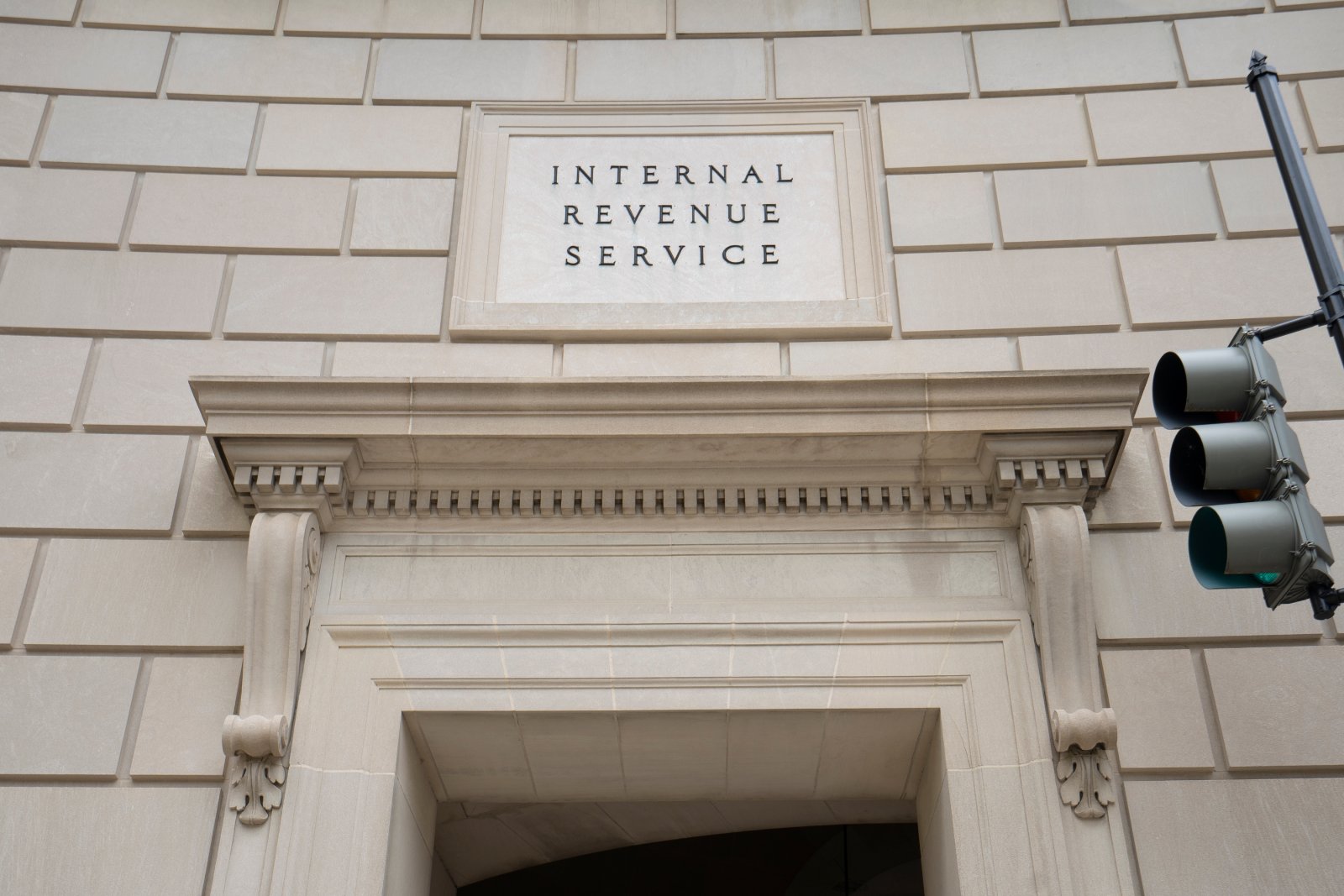
Lastly, if you suspect there have been any errors on the IRS’s side that resulted in your refund being incorrect, you can call the IRS directly to discuss the issue with a representative.
The post Tax Refund Hopefuls May Be Disappointed This Year Amid Widespread Decreases first appeared on Career Step Up.
Featured Image Credit: Shutterstock / Drazen Zigic.
The content of this article is for informational purposes only and does not constitute or replace professional financial advice.

